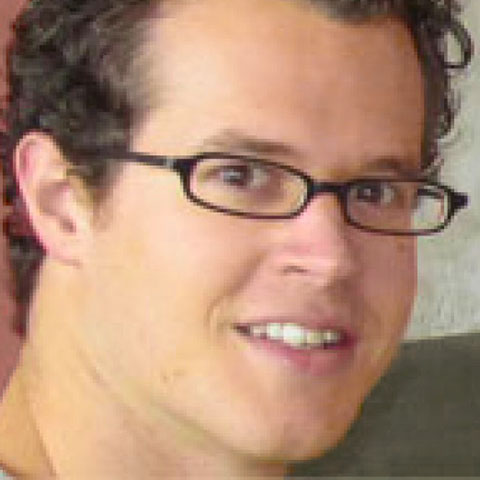Event Details

Topic description:
If Ernst Mayr (1904-2005) is to be believed, ‘population thinking’ marks an important breakthrough in metaphysics. Mayr characterized population thinking as a way of approaching biological phenomena that recognizes them for their biological ontology, as opposed to their physical, chemical, or, more generally ‘typological’ constitution. There are good reasons not to believe Mayr. A close examination of the genesis of Mayr’s population/typology dichotomy shows that it is conflation–a mixture of cross-cutting methodological, conceptual, and theoretical distinctions that Mayr ‘compacted’ into a meaningless construct (Witteveen, in progress). And yet, Mayr’s confusing use of ‘population thinking’ does not automatically force us to purge the term from our vocabulary. Population thinking continues to be invoked in a number of scientific contexts, as a way of drawing out meaningful contrasts with other ways of approaching particular domains of study. I therefore suggest that, rather than a being a term to be dispensed with, population thinking is a term whose confounded meanings need to be pulled apart. Following Godfrey-Smith’s (2001) “classification and clarification” of different notions of adaptationism, I will propose a distinction between different kinds of population thinking. I will show that a considerable amount of debate concerning the meaning, significance, and adequacy of population thinking results from hidden category mistakes. A classification of kinds of population thinking can therefore be used to distinguish real disputes from semantic confusion. After offering a basic classification, I will briefly discuss three domains that can benefit from it. First, I will review a historical debate about the origins of population thinking. I will show that Sober (1980), Ariew (2008) and Lewens (2009) unwittingly rely on different notions of population thinking when disputing one another’s claims about the origins of this mode of thinking. Next, I will turn to a debate in cultural evolutionary theory, in which scientists from different traditions claim to be population thinkers on what turn out to be rather different grounds, rooted in different kinds of population thinking (Richerson and Boyd 2005; Claidière et al. in press). Finally, I will show that my classification can clarify where the real tension between neo-Darwinists and ‘evo-devotees’ lies (Amundson 2005).
References:
Amundson R (2005) The Changing Role of the Embryo in Evolutionary Thought: Roots of Evo–Devo. Cambridge UP
Ariew A (2008) Population thinking. In: Oxford Companion to Philosophy of Biology. Oxford UP
Claidière N, Scott-Phillips T, Sperber D (in press). How Darwinian is cultural evolution? Philosophical Transactions of the Royal Society of London B
Godfrey-Smith P (2001) Three kinds of adaptationism. In: Orzack SH, Sober E (eds.) Adaptationism and Optimality, pp 335–357. Cambridge UP
Lewens T (2009). Evo-devo and “typological thinking”: an exculpation. Journal of Experimental Zoology B: Molecular and Developmental Evolution 312:789– 796
Sober E (1980) Evolution, population thinking, and essentialism. Philosophy of Science 27:350–383
Witteveen J (in progress). 'Temporary oversimplication': Mayr, Simpson, Dobzhansky and the origins of the population/typology dichotomy
Biographical note:
Joeri Witteveen is currently a Post-Doctoral researcher in the Faculties of Humanities and Social & Behavioural Sciences at Utrecht University. He obtained his liberal arts undergraduate degree from University College Maastricht in 2006. He took courses towards his degree at the University of California, Berkeley. In September 2007 he finished his work on theories of cultural evolution for the MSc in Philosophy of the Social Sciences at the London School of Economics and Political Science. Witteveen was a Junior Fellow and Writing-Up Fellow at the KLI. He obtained his PhD in History and Philosophy of Science from the University of Cambridge in April 2013.


